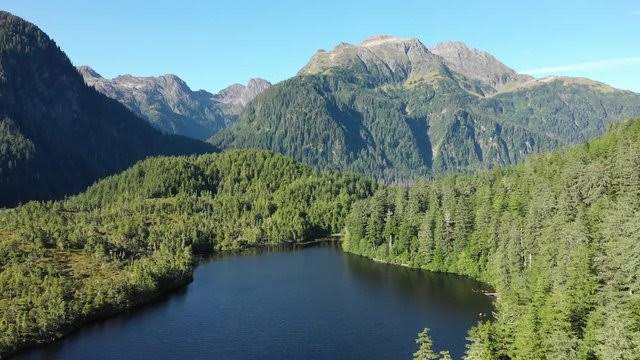
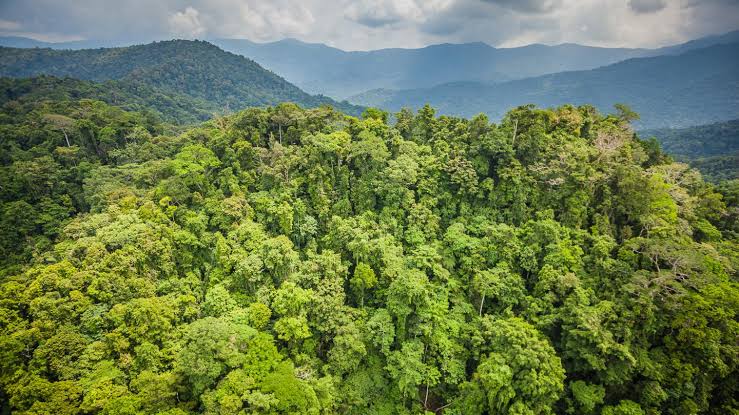
For the purpose of providing a habitat for an infinite number of species, regulating climate, and maintaining the environment, forests are of utmost importance to our planet. The following is a list of the top ten largest forests in the world in 2024, each of which plays an important part in preserving ecological balance and providing support for biodiversity.
Top 10 Largest Forest In The World 2024 List
1. Congolian rainforests
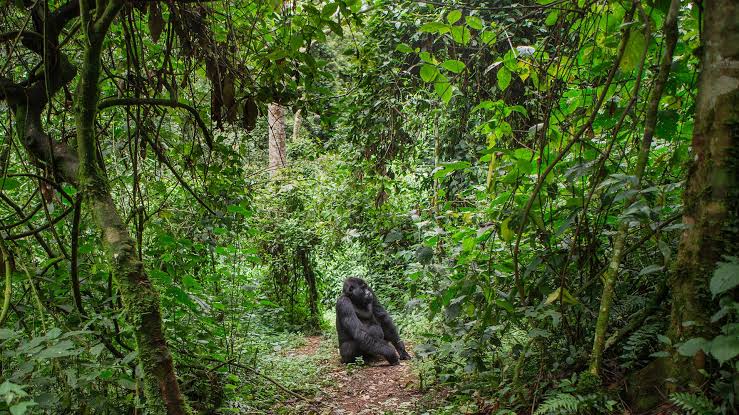
It is only the Amazon rainforest that is larger than the Congolian rainforests, which are sometimes referred to as the Congo Basin. The Congo Basin is the second biggest tropical rainforest in the world. The region encompasses approximately 1.8 million square kilometers and is comprised of six countries in central Africa: Cameroon, the Central African Republic, the Democratic Republic of the Congo (DRC), the Republic of Congo, Equatorial Guinea, and Gabon. Not only are these rainforests essential to the continent, but they are also essential to the overall health of the globe.
2. Great Bear Rainforest
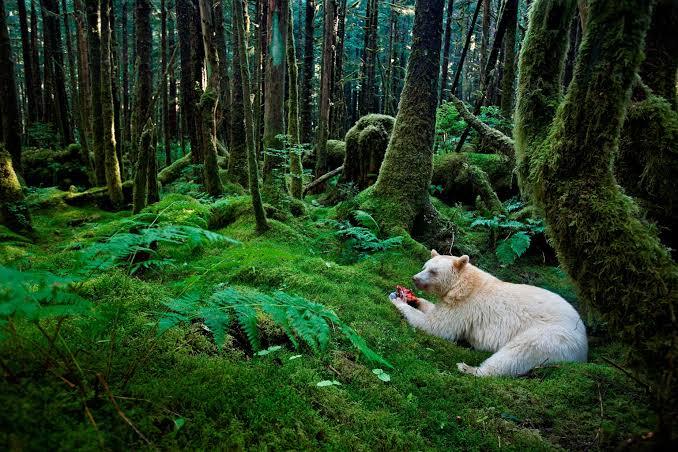
Situated on the northern and central coasts of British Columbia, Canada, the Great Bear Rainforest is one of the biggest temperate rainforests that are still standing today. Some call it the “Amazon of the North.” Its 6.4 million hectares are completely unspoiled and enormous. Protecting the Great Bear Rainforest has become a national and international emblem of Indigenous peoples’, environmental groups’, and governments’ commitment to working together for the common good.
3. Atlantic Forest
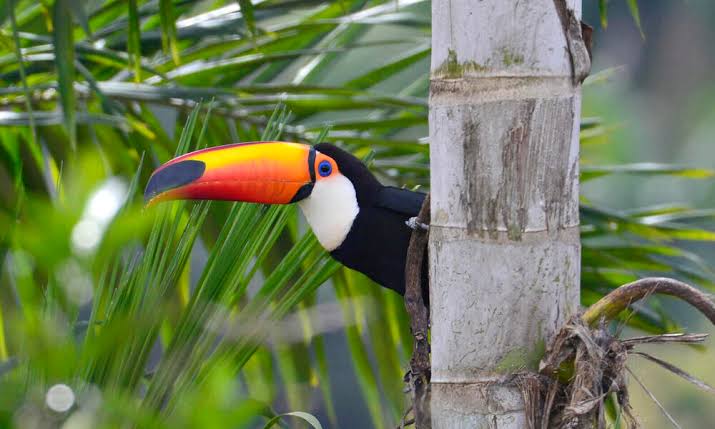
The Atlantic Forest, also known as Mata Atlântica, is distinguished as one of the most ecologically diversified and significant rainforests in the world. It originally encompassed a significant portion of the eastern coastline of Brazil as well as sections of Paraguay and Argentina. Although the Atlantic Forest is not as large as the Amazon, it is nonetheless a very important forest for the preservation of biodiversity, the provision of ecosystem services, and the maintenance of human populations. Due to decades of deforestation and development, this lush and life-filled forest is now one of the most threatened ecosystems on Earth. Only around 12% of its original area remains, making it one of the most endangered ecosystems on the planet.
4. Daintree Rainforest
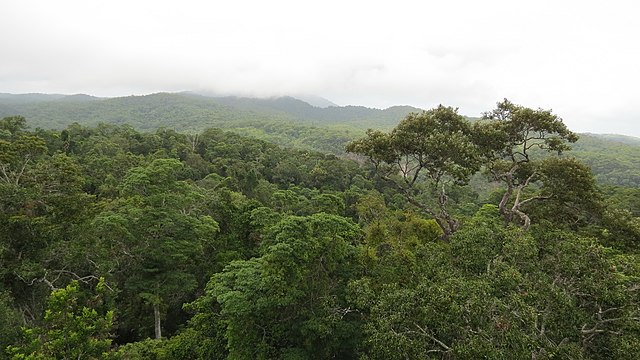
A rainforest that is considered to be among the oldest on the planet is the Daintree Rainforest, which can be found in the far north of Queensland, Australia. According to estimates, it is approximately 180 million years old, making it older than even the Amazon itself. The Wet Tropics of Queensland, which include this UNESCO World Heritage-listed area, are recognized for their amazing biodiversity, cultural significance, and one-of-a-kind ecosystems. This area is a component of the greater state of Queensland. The Daintree is frequently referred to as a living museum due to the fact that it is one of the oldest ecosystems in existence. It is home to species that have flourished for millions of years.
5. New Guinea rainforest
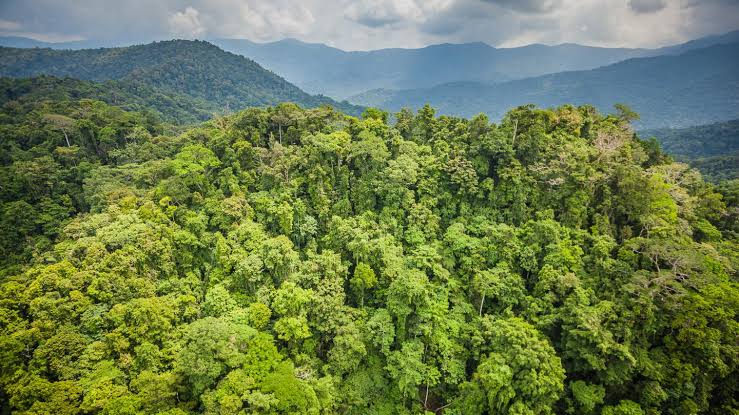
One of the most biologically diverse and ecologically significant rainforests on Earth is found on the island of New Guinea, the second-largest island in the world. This dense rainforest, which covers much of Papua New Guinea in the east and the Papua provinces of Indonesia in the west, has an area of around 288,000 square miles. It is rich in biodiversity and has considerable cultural significance for Indigenous peoples, making it one of the last great wildernesses of the contemporary era.
6. Amazon rainforest
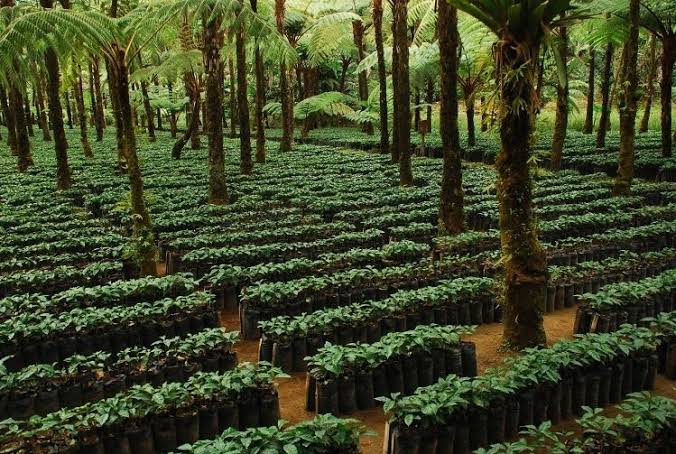
The Amazon Rainforest, which is frequently referred to as the “lungs of the Earth,” is the biggest tropical rainforest on the planet. It is spread out across nine South American countries and encompasses around 5.5 million square kilometers (2.1 million square miles), with the majority of it being located in Brazil. This unique biome is well-known for its enormous biodiversity, its function in the regulation of the climate on a worldwide scale, and its significance to the civilizations of indigenous peoples. Deforestation, climate change, and human exploitation are all factors that constitute a growing threat to the Amazon rainforest, despite the fact that it is of global significance.
7. Appalachian temperate rainforest
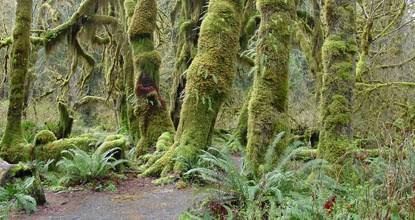
Nestled in the southern Appalachian Mountains, the Appalachian temperate rainforest is one of North America’s most distinctive and biologically significant ecosystems. This rich, damp forest is an uncommon find in the eastern United States, extending from northern Georgia to southern Virginia and with extensions into areas of Kentucky and Tennessee. The Appalachian temperate rainforest is home to abundant plant life, a rich geological past, and exceptional biodiversity, while not having the same level of recognition as its tropical counterparts.
Democratic Republic of The Congo
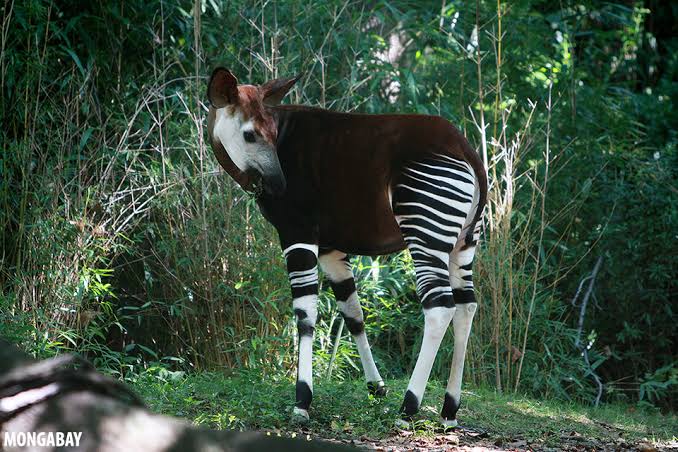
The Democratic Republic of the Congo (DRC), which is situated in the center of Central Africa, is one of the largest and most resource-rich states on the African continent. In addition to having an astonishing biodiversity, a great mineral riches, and a complicated history, the Democratic Republic of the Congo (DRC) has a land area that is over 2.3 million square kilometers, making it the second largest in Africa. There have been decades of political instability, conflict, and economic issues that have hampered the growth of the Democratic Republic of the Congo (DRC), despite the fact that it possesses an enormous amount of natural resources.
9. Kinabalu National Park
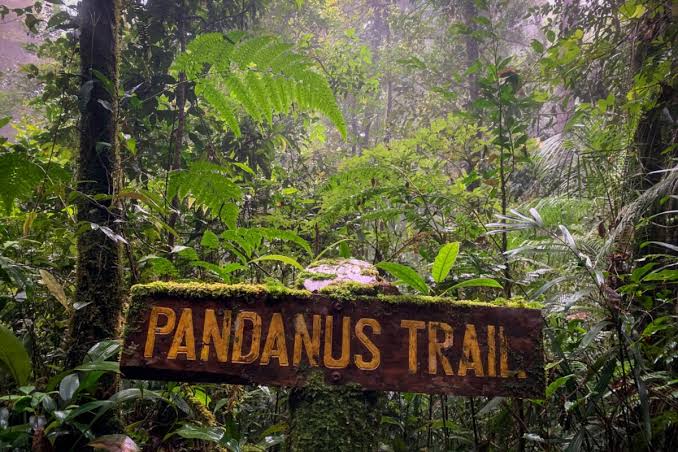
With a total area of more than 16.7 million acres, the Tongass National Forest makes up the biggest national forest in the United States. It is situated in the southeast corner of Alaska. In addition to this, it is the biggest temperate rainforest in the world, and its range extends from the fjords and glaciers of the Alexander Archipelago to the snow-capped peaks of the Coast Mountains. The forest is well-known for its abundant biodiversity, its old-growth trees that are thousands of years old, and the cultural heritage of the indigenous peoples who have lived there for thousands of years. It is an important natural gem because of its enormous landscapes, which are essential for the survival of wildlife, indigenous cultures, and the climate of the entire planet.
10. Tongass National Forest

With a total area of more than 16.7 million acres, the Tongass National Forest makes up the biggest national forest in the United States. It is situated in the southeast corner of Alaska. In addition to this, it is the biggest temperate rainforest in the world, and its range extends from the fjords and glaciers of the Alexander Archipelago to the snow-capped peaks of the Coast Mountains. The forest is well-known for its abundant biodiversity, its old-growth trees that are thousands of years old, and the cultural heritage of the indigenous peoples who have lived there for thousands of years. It is an important natural gem because of its enormous landscapes, which are essential for the survival of wildlife, indigenous cultures, and the climate of the entire planet.